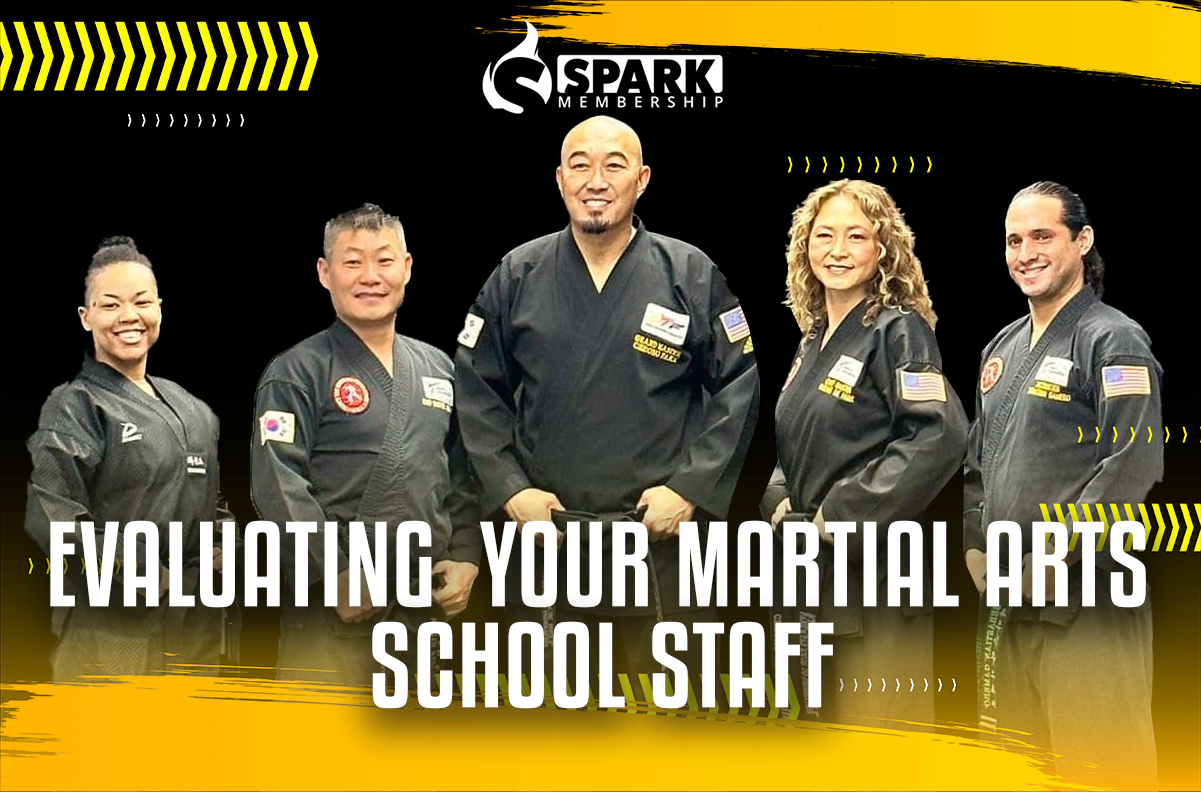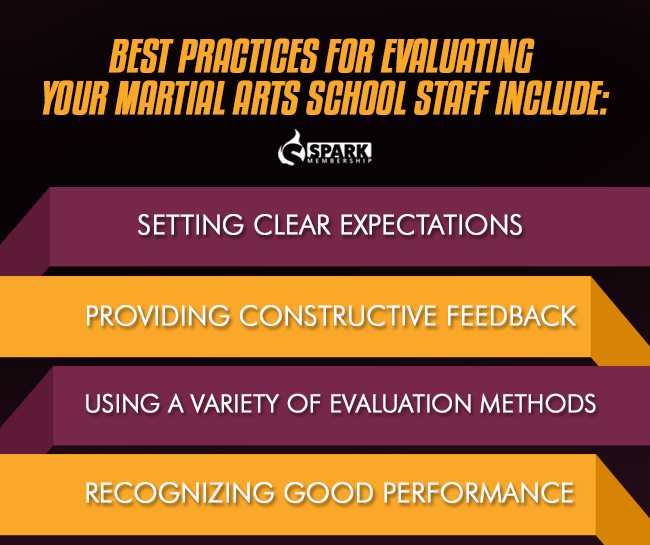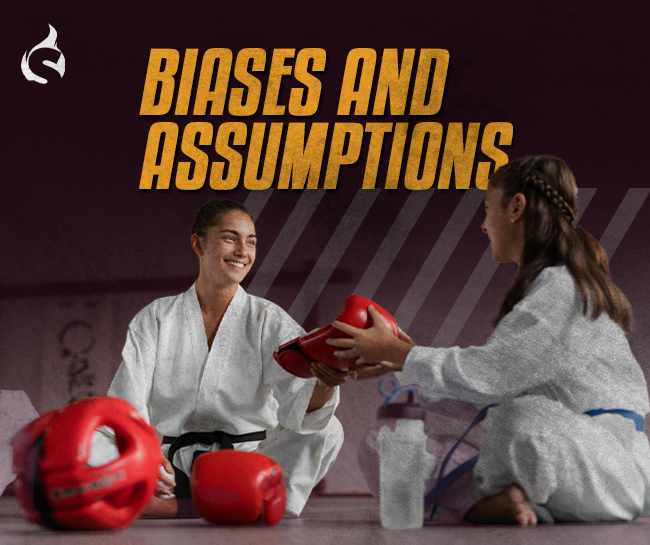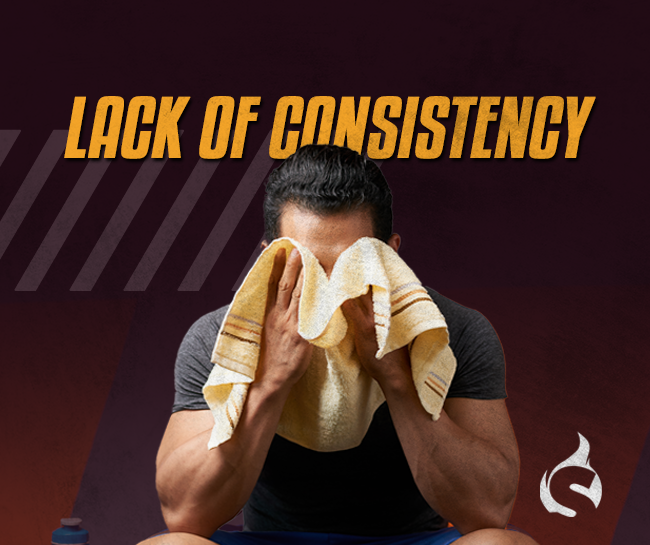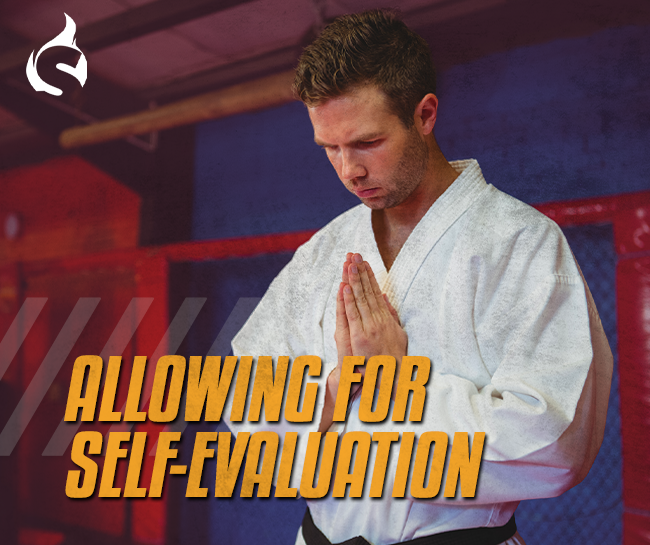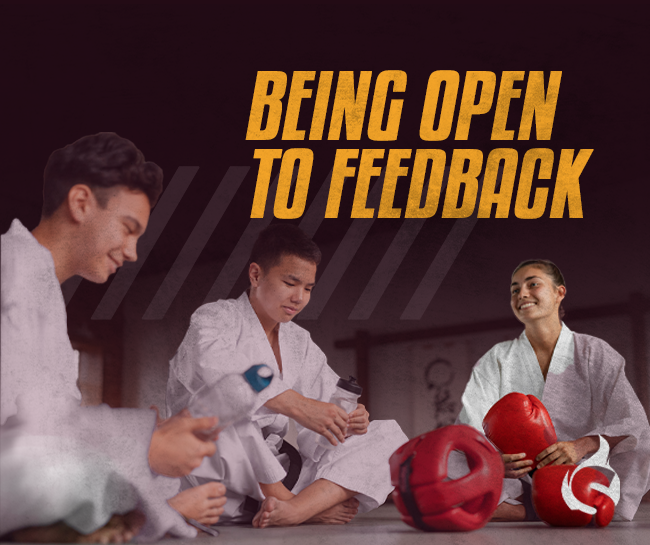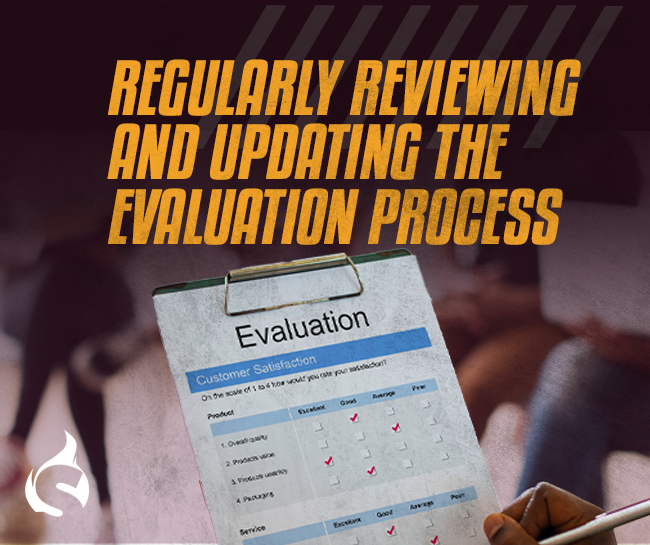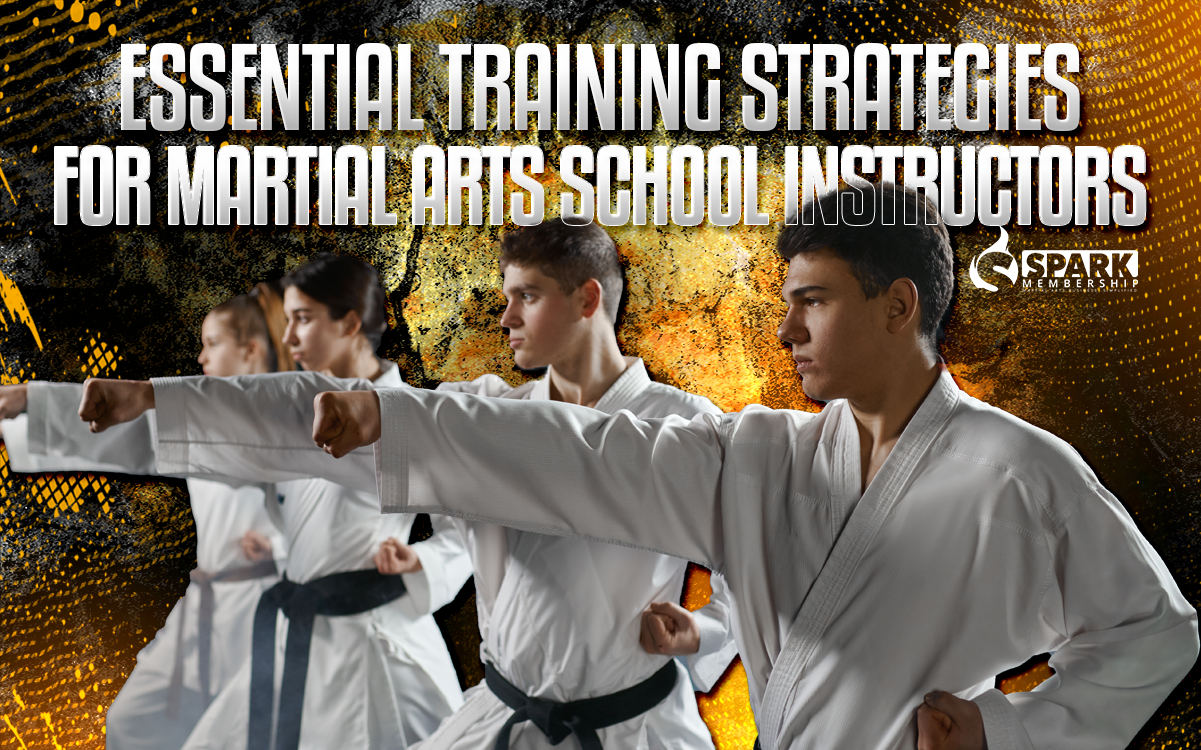
When you’re running a martial arts school, it’s not just about teaching martial arts techniques; it’s also about building a team that’s continually growing and improving. Below, we’ll outline simple yet effective training practices to keep your instructors at the top of their game.
Consistent Training: Key to Instructor Excellence
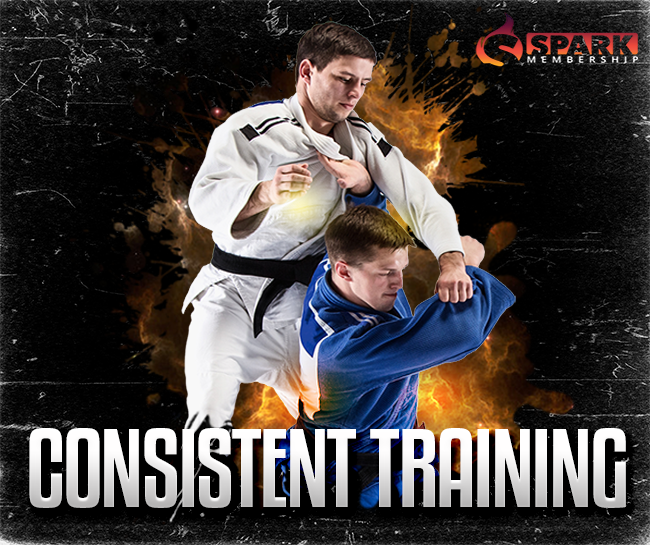
Holding regular training sessions for instructors is vital. Weekly training keeps teaching skills sharp and helps prevent instructors from falling into a routine that could dull their classes. For schools with several locations, consider monthly training sessions that are more extensive and comprehensive, allowing instructors to travel from afar and participate.
💡 Invest in regular practice, and watch your instructors and students alike rise to excellence.
Learning from the Best: Seminar Benefits
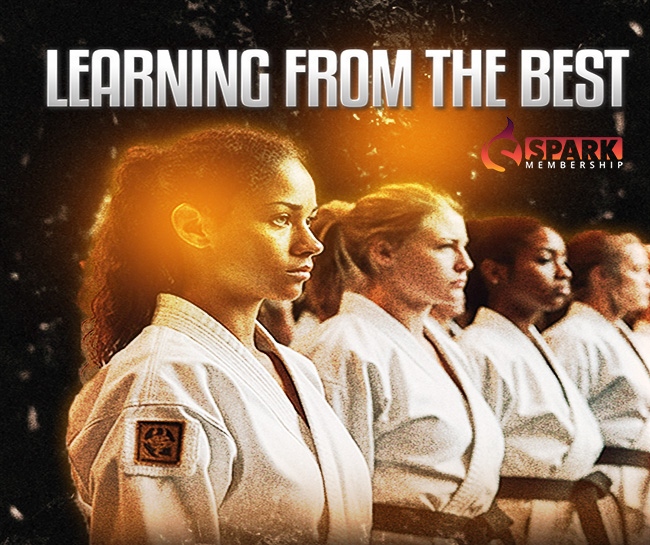
Bringing in reputable martial arts experts for seminars is a fantastic way to deepen your instructors’ expertise. These events not only boost skills but also morale. While not all schools can afford to do this frequently, offering such seminars even twice a year can be highly beneficial. Plus, opening the seminars to students can help manage the costs.
Cross-Training: Expanding Teaching Horizons
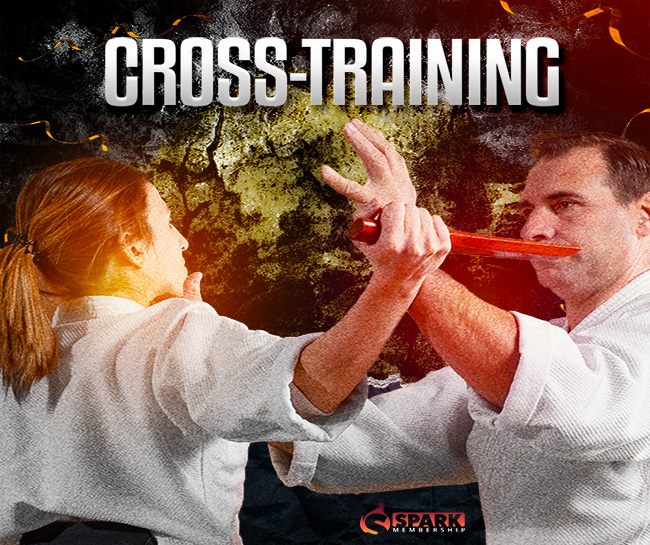
It’s beneficial for instructors to learn different martial arts styles. This type of cross-training can spark new insights that improve their primary teaching style. Even though hosting instructors from other disciplines might be an investment, the value it adds to your instructors’ abilities is substantial.
💡 This approach not only prevents monotony but also builds a more versatile martial artist.
Professional Development: Conferences and Summits
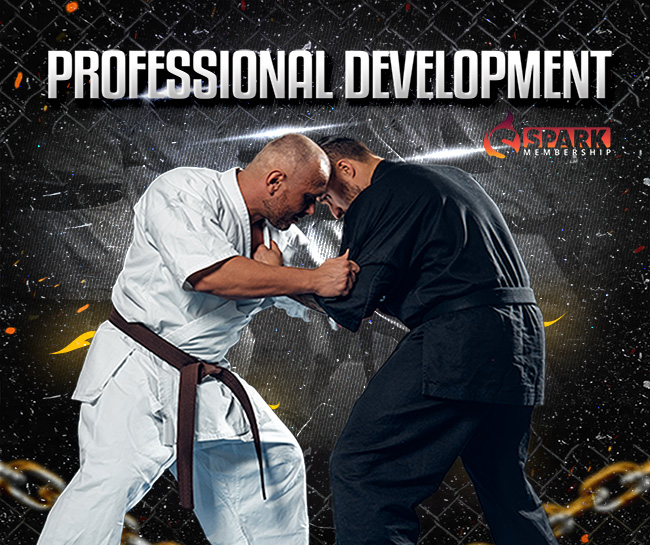
Attending industry events like conferences can be extremely helpful for staying current with the latest teaching methods and business practices. These gatherings are an excellent opportunity for your staff to learn from successful peers and can positively impact your school’s approach and strategy.
Creating a Reference: The Importance of an Employee Manual
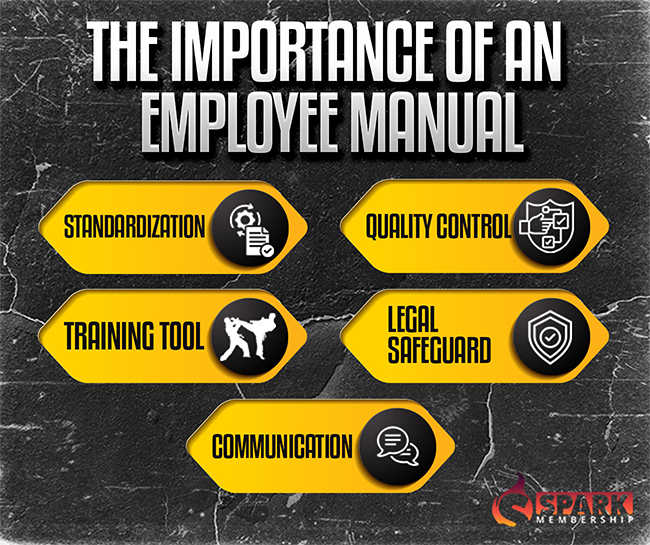
An employee manual goes beyond just a set of instructions; it’s the blueprint of your school’s culture and operations. It should comprehensively outline the school’s mission, core values, codes of conduct, and procedural guidelines. Here’s why an employee manual is indispensable:
- Standardization: It ensures that all instructors and staff follow the same guidelines, providing a consistent experience for students.
- Training Tool: New instructors can use the manual as a training resource, accelerating their acclimatization to your school’s methodologies.
- Quality Control: Regular reviews of the manual help maintain high standards and adapt to any changes in curriculum or school policies.
- Legal Safeguard: Clearly stated policies and procedures can protect the school in legal situations, demonstrating due diligence in staff training and student safety.
- Communication: An employee manual is a central point for staff to understand their roles, responsibilities, and how to handle various situations, promoting transparency and clarity.
Updating and reviewing the employee manual should be a dynamic process, reflecting the growth and changes within the martial arts industry and your specific school. Engaging instructors in the review process not only keeps them informed but also fosters a sense of ownership and accountability.
Ready to level up your martial arts school? Dive into our latest blog post, “Essential Questions for Interviewing Martial Arts Instructors,” and gain invaluable insights into hiring the best instructors for your dojo.
🚀 But that’s not all! Experience the power of Spark Membership Software today by scheduling a live demo. Discover how it can simplify your operations, streamline membership management, and help your martial arts school grow. Take the first step towards excellence .
